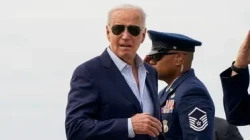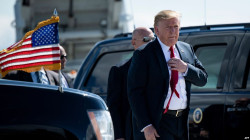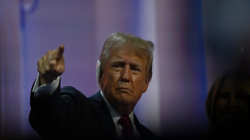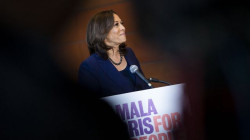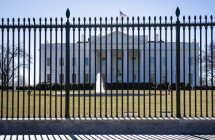Trump's new travel ban implemented despite controversy

Shafaq News/ A travel ban ordered by the US President Donald Trump took effect on Monday, barring nationals from 12 countries from entering the United States and prompting swift responses both internationally and domestically.
Effective at 12:01 a.m. ET (0401 GMT), the measure signed last week restricts entry for citizens of Afghanistan, Myanmar, Chad, Congo-Brazzaville, Equatorial Guinea, Eritrea, Haiti, Iran, Libya, Somalia, Sudan, and Yemen. Partial restrictions have been placed on nationals from Burundi, Cuba, Laos, Sierra Leone, Togo, Turkmenistan, and Venezuela.
The White House characterized the move as a “common sense” step aimed at protecting the country from “dangerous foreign actors.” It followed a June 1 attack in Boulder, Colorado, where 12 people were injured during a rally held in support of Israeli hostages. The FBI classified the incident as a suspected terror attack involving incendiary devices, including a makeshift flamethrower and Molotov cocktails.
Authorities later identified the suspect as an Egyptian national. Egypt, however, is not among the countries listed in the directive.
In a video posted on his Truth Social platform, Trump pointed to the Boulder incident as an example of the risks posed by individuals who have not been “properly vetted,” indicating that the list could be revised if governments demonstrate “material improvements” in identity verification and information sharing. He also noted that additional countries may be added “as threats emerge around the world.”
This marks Trump’s second use of a nationality-based travel restriction. A similar order in 2017 triggered legal battles before a revised version was ultimately upheld by the US Supreme Court.
The new directive has already drawn diplomatic responses. Chad suspended visa services for US citizens, while Somalia expressed its readiness to engage with Washington on security cooperation.
The African Union encouraged the US to pursue “constructive dialogue” with the affected states, emphasizing the importance of a more collaborative approach to international security.
Political reaction inside the United States followed quickly. In Washington, Representative Pramila Jayapal described the measure as an expanded version of Trump’s earlier travel ban, warning that it could deepen the country’s diplomatic isolation. Moreover, immigration advocates and civil rights organizations have also voiced concern, arguing that the directive disproportionately targets vulnerable populations and countries that lack the institutional capacity to meet US entry standards.
Trump’s travel ban 2.0 is just another attack on legal immigration.It’s discriminatory, it will tear families apart, and it will hurt our economy.We must pass the No Ban Act to stop this xenophobia. pic.twitter.com/9z9qURL9B5
— Rep. Pramila Jayapal (@RepJayapal) June 8, 2025
